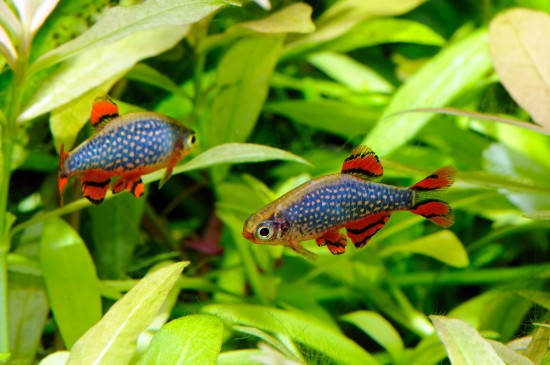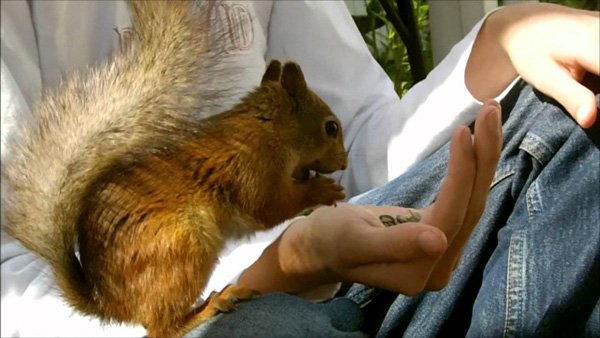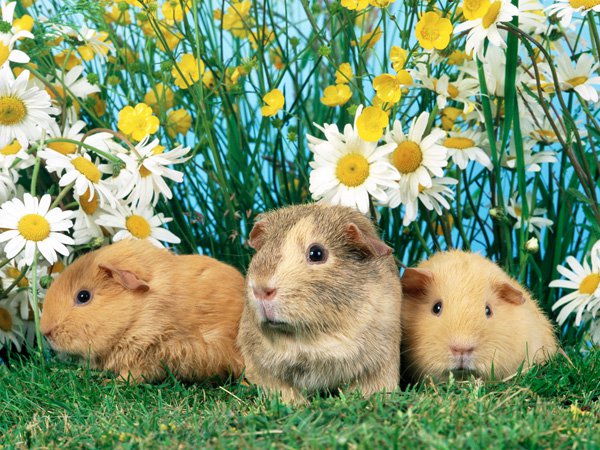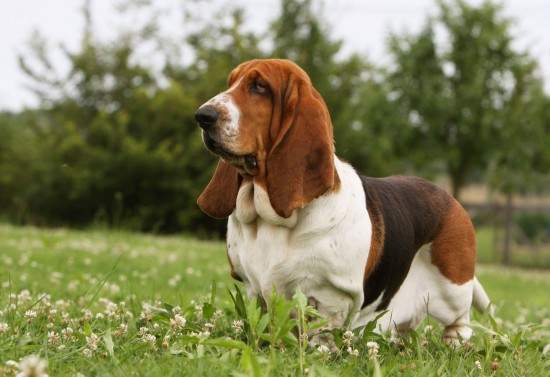
You may be hearing more talk these days about “Essential Fatty Acids” (E.F.A.s) and our birds need for them in the diet. (That word “essential” is the giveaway, right?”) So, what are they and how to we supply them?
We all hear a lot about “good” fat and “bad” fat – basically, the bad stuff comes from animal sources, is saturated, and hard on arteries and cholesterol levels, while the good stuff comes from plant sources, is unsaturated, actually GOOD for cardiovascular health and lowers cholesterol. Well, Essential Fatty Acids are the best of the good!
So, let’s get technical for a minute – fats (chemically known as lipids) are the most concentrated source of energy found in the diet. I won’t go into the classification of fats here, but only cover the Essential Fatty Acids that wd are concerned with our parrots at the moment.
Basically, fatty acids differ in saturation and chain length. “Essential” fatty acids are those not synthesized by the body, so must be supplied, therefore, by the diet. There are three – Linoleic, Linolenic, and Arachidonic (are you board yet?).
Because these must be fed, they are “Essential” – for growth, for the health of nerves, arteries, blood, for visual function, and suppleness of the skin and healthy feathers. The “Queen” of these are the Omega 3 Fatty Acids (linolenic) abundant in flax seed oil and fish. Omega 6 acids (linoleic) are important for transportation and processing cholesterol and are found in corn, safflower, and soybeans. Both Omega 3 and 6 should be supplied, of which the best combined source is canola oil. Mixtures of flax seed oil with the other oils helps keep a balance of the Omegas for good health. Arachidonic acid is synthesized by linoleic acid when fed in the diet.
African Greys have been found to have a higher need for E.F.A.s than other species and I always recommend supplementing their diet with flax seed oil 3 or 4 times a week. Molting and feather plucking also increase the need, as does breeding and raising babies. Macaws also have a higher need for fat and I recommend mixed nuts 3 to 4 a day which are high in unsaturated fats and actually lower the saturated fat in the body. Vitamin E is needed for E.F.A.s to be absorbed and nuts provide the proper balance. Additional sources of E.F.A.s are many seeds and legumes (including peanuts).
It is worth noting that oils can become rancid very quickly when exposed to air, heat and light. All oils should be refrigerated after opening. Freezing or refrigerating before opening will also help extend the shelf life.
Always check nuts and seeds for freshness, and examine peanuts for aflatoxins (toss any that look moldy or otherwise suspicious).
Watch the fat intake for Amazons, Budgies, Cockatiels or any overweight birds, but be sure to include some E.F.A.s regularly for ALL birds – just use moderation if need be. Better feathering, immunity, and overall health and vitality will be the payoff for including these vital nutrients in the daily diet.
Your Parrot Place
Marilu Anderson, Bird Nutrition and Behavior Consultant, (503) 771-BIRD.
Marilu is a regular contributor to the Your Parrot Place Newsletter.
YourParrotPlace.com
- Only the Best for Your Parrot!
Free eBooks!
140 pages! A compilation of parrot articles from 2000-2004.
http://www.yourparrotplace.com/ebooks/free_ebooks.htm
 How To Introduce New Fish Into A Tropical Fish Tank
How To Introduce
How To Introduce New Fish Into A Tropical Fish Tank
How To Introduce
 How To find A Luxurious Cattery For Your Cat?
How To find A Luxurious Cattery For Your Cat?
How To find A Luxurious Cattery For Your Cat?
How To find A Luxurious Cattery For Your Cat?
 5 Reasons to Hire a Dog Walker
5 Reasons to Hire a Dog Walker
As the owner of
5 Reasons to Hire a Dog Walker
5 Reasons to Hire a Dog Walker
As the owner of
 Lymphoma In Dogs
Lymphoma In Dogs
Lymphoma In Dogs
Lymphoma In Dogs
 Understanding Silent Heat In The Bitch
Understanding Sil
Understanding Silent Heat In The Bitch
Understanding Sil
Copyright © 2005-2016 Pet Information All Rights Reserved
Contact us: www162date@outlook.com